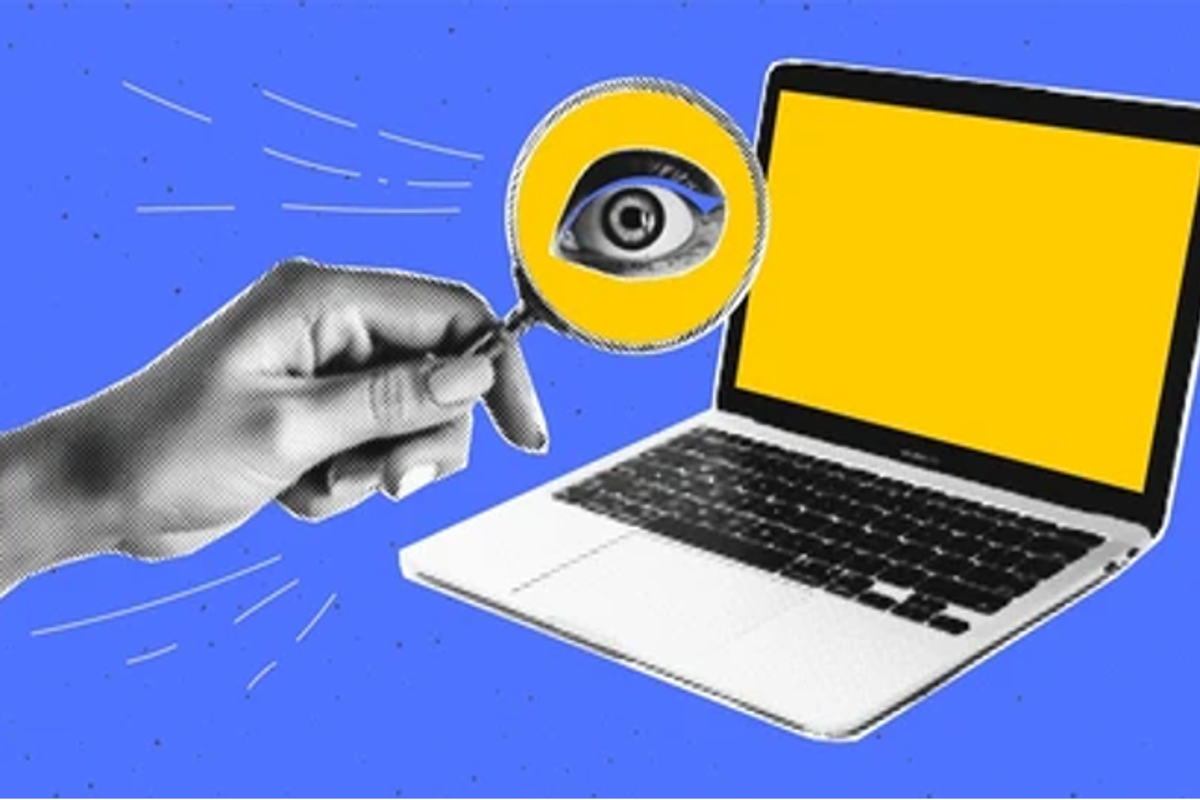Privacy

istock
Smart Home Privacy: Are Your Devices Watching You?
Smart home devices offer convenience but may compromise privacy. Learn how to secure your data and keep your home safe from digital threats.

Smart home devices offer convenience but may compromise privacy. Learn how to secure your data and keep your home safe from digital threats.
In the world of the present, smart home technology has become the norm for a modern home. From voice-activated assistants and smart thermostats to security cameras and door locks, it's been much easier to make one's life more convenient than ever. However, with such convenience comes a significant question—are your devices watching you? The increasing rise of internet-connected smart gadgets has sparked the privacy issue, causing people to ask themselves just how much control they have over their data.

Smart home technology is meant to make life easier. Devices such as Amazon Alexa, Google Nest, and Ring cameras allow users to control their homes with a simple voice command or a mobile app. These gadgets improve efficiency, enhance security, and even help reduce energy costs. But as they become more advanced, they also gather vast amounts of data—often without users fully realizing it.
Many smart devices always listen to commands, collect usage data, and share information with third-party companies. Although these features are designed to improve functionality, they also pose potential risks to users' privacy.
Most smart devices in homes depend on the cloud for their operation. Whenever you use them, data is transmitted and stored in remote servers. The nature of data differs according to the device, but it may range from:
Audio Recordings: Voice assistants such as Siri, Alexa, and Google Assistant listen for trigger words and can store recordings of user interactions.
Video Recording – Smart cameras and doorbells record video, sometimes with AI-powered facial recognition.
Location Information - Many smart home applications track the user's location to activate certain settings automatically or make security more responsive.
Usage Patterns - Devices capture data about the user's usage, for example, which times of day a user turns lights on or off, adjusts the thermostat, or locks doors.
[“8852. lied in the customization of the user experience but may be abused if it's not adequately protected.

Many tech companies claim they prioritize privacy, but concerns remain over data-sharing practices. Some businesses use consumer data for targeted advertising, while others may share it with third-party vendors or even government agencies. According to Private Internet Access, the growing use of smart home technology has increased data vulnerabilities, making it crucial for users to protect their personal information.
High-profile incidents, such as reports of smart speakers accidentally recording conversations or security cameras being hacked, highlight the risks of data breaches. If companies are not transparent about handling user data, consumers may unknowingly give away more personal information than intended.

While smart devices may pose risks, there are ways to safeguard your privacy and reduce exposure to potential threats:
All smart devices have privacy settings that can be configured. To limit the amount of personal data collected, turn off all unnecessary features, such as voice recording storage, location tracking, and data-sharing options.
A strong home network is key to protecting your smart devices. Use complex passwords, enable two-factor authentication, and regularly update your router's firmware to prevent unauthorized access.
A Virtual Private Network (VPN) can add an extra layer of security by encrypting your internet connection. This prevents hackers and third parties from accessing your data using smart home devices.
If your device has a camera or microphone, consider covering it when unused. Some smart speakers allow users to mute microphones for added security.
Manufacturers often issue updates to software to close security vulnerabilities. Ensure that all smart devices, apps, and firmware are updated regularly to avoid the risk of cyberattacks.

As smart home technology advances, companies must deal with rising privacy concerns. Consumers are increasingly aware of data security issues and are demanding more transparency from manufacturers. To address this issue, some companies are introducing stricter privacy policies and more user control over data collection.
One challenge is balancing convenience and privacy. Smart home devices make life easy but require users to be vigilant about digital security. Thus, by taking proactive steps, homeowners can benefit from smart technology while controlling personal information.
Your smart home devices are actually either protecting you or silently gathering all of your data; it depends on how well you control your privacy settings and security measures.
Google Nest WiFi Pro - 6E - Reliable Home Wi-Fi System with Fast Speed and Whole Home Coverage - Mesh Router - 3 Pack - Snow
GearBrain Compatibility Find Engine
A pioneering recommendation platform where you can research,
discover, buy, and learn how to connect and optimize smart devices.
Join our community! Ask and answer questions about smart devices and save yours in My Gear.
